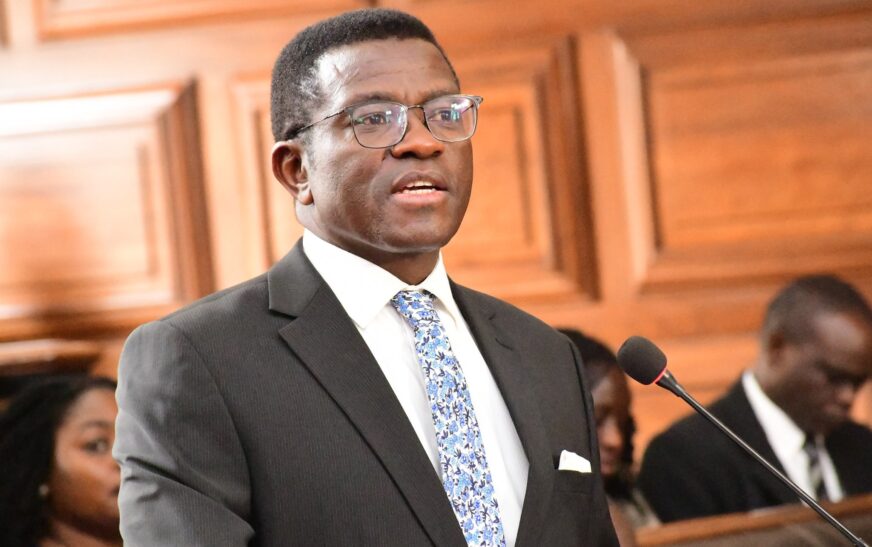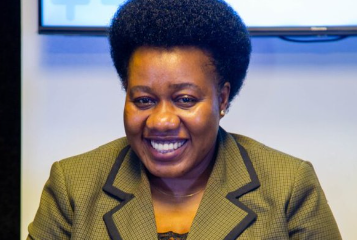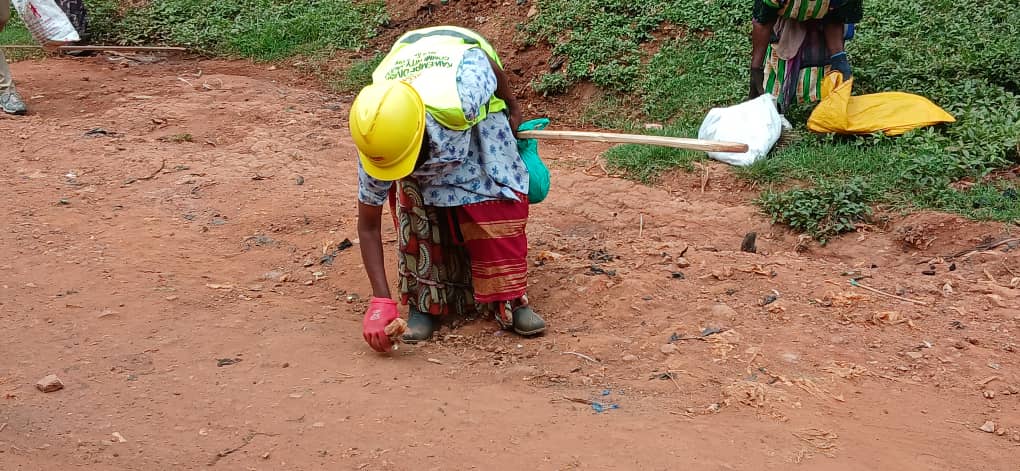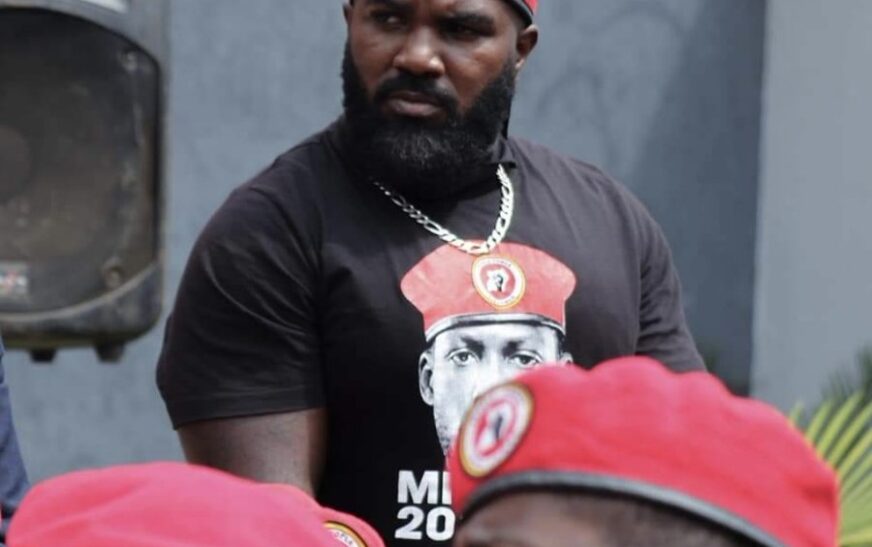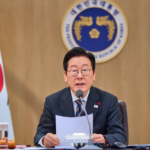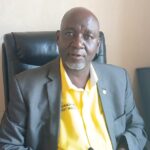The Katikkiro (Prime Minister) of Buganda, Charles Peter Mayiga, has urged the Commander of the Defence Forces (CDF), Gen. Muhoozi Kainerugaba, to reconsider his position and hand over Edward Ssebuufu, popularly known as Eddie Mutwe, to the Uganda Police.
Eddie Mutwe, a close associate of opposition leader Robert Kyagulanyi (Bobi Wine), has reportedly been in military custody since April 26, 2025. According to Leader of Opposition Joel Ssenyonyi, Mutwe was abducted in Mukono by unidentified armed men traveling in a Toyota Hiace van, commonly referred to as a “drone.”
Ssebuufu’s reported abduction came ahead of the planned launch of a youth protest campaign dubbed the “youth protest vote” which was scheduled to take place on Monday, April 28, 2025, at the National Unity Platform (NUP) headquarters.
While addressing the 33rd session of the Buganda Lukiiko (Parliament), Katikkiro Mayiga emphasized the need for lawful procedure:
“I urge General Muhoozi Kainerugaba to hand over Edward Ssebuufu, aka Eddie Mutwe, to the police if he committed any offense so he can be formally charged under the law.”
He added that in a democratic society, not everyone will share the same political views, but people must learn to coexist peacefully drawing on the unity and diversity of Buganda’s clan system as an example.
Last week, the Uganda Human Rights Commission (UHRC) issued a formal directive ordering Gen. Muhoozi to release Eddie Mutwe immediately, citing unlawful detention. The Commission warned that failure to comply could lead to contempt charges under the Constitution.
In a letter signed by UHRC Chairperson Mariam Wangadya, the commission stated:“Whereas Edward Rogers Ssebuufu, also known as Eddie Mutwe, has been in your custody since April 26, 2025, and whereas the Commission is satisfied that he is being unlawfully detained or restricted, this is to direct you to cause his immediate release from your custody, failure of which you may be liable for contempt under Article 53(1)(d) of the Constitution.”
Article 53(1)(d) of the Ugandan Constitution empowers the UHRC to issue orders similar to those of a court, including summoning individuals, requiring document production, and investigating alleged human rights violations.

